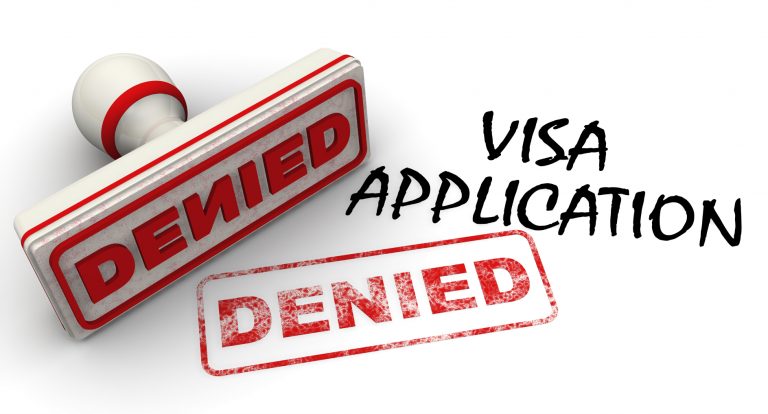
Applying for a UK visa can be stressful, and refusals are unfortunately very common. Understanding the main reasons applications are rejected will help you avoid mistakes and improve your chances of success.
1. Incomplete or Incorrect Application Forms
- Missing information or providing inconsistent details is one of the biggest causes of refusal.
- Even small errors (like wrong dates, misspelled names, or mismatched details with supporting documents) can lead to rejection.
2. Insufficient Supporting Documents
- Every visa category requires specific documents (bank statements, employment letter, proof of studies, etc.).
- Submitting the wrong documents—or not submitting enough—can cause an automatic refusal.
3. Failure to Meet Financial Requirements
- Many visas require proof of funds (maintenance requirements) or a minimum salary threshold (Skilled Worker Visa).
- If you can’t demonstrate that you meet these requirements, your application will be refused.
4. Invalid or Fake Documents
- Submitting forged, altered, or unverifiable documents leads not only to refusal but also to a possible 10-year ban.
- UK Visas and Immigration (UKVI) conducts strict checks with issuing authorities.
5. Not Meeting English Language Requirements
- Some visa routes require applicants to pass an approved English test SELT approved.
- Submitting the wrong test, expired certificates, or not taking the test at all will lead to refusal.
6. Failure to Meet Immigration Rules
- Each visa has strict eligibility rules (such as SOC codes for Skilled Worker visas, or relationship requirements for spouse visas).
- If you don’t meet these rules exactly, your application will be rejected.
7. Genuine Relationship Concerns (Family/Spouse Visas)
- For family and spouse visas, UKVI must be satisfied that the relationship is genuine and subsisting.
- Lack of evidence (photos, communication records, joint finances, etc.) is a common reason for refusal.
8. Previous Immigration History
- Overstaying, breaching visa conditions, or previous refusals can damage your application.
- A poor immigration history raises doubts about future compliance.
9. Failure to Disclose Criminal Record or Previous Refusals
- Omitting information about past convictions, refusals, or deportations is considered deception.
- Even minor offences should be declared honestly, as UKVI values transparency.
10. Lack of Credibility During Interview
- For certain visas, UKVI may call applicants for an interview.
- If your answers are inconsistent with your application or raise doubts about your intentions, your visa may be refused.
Most UK visa refusals happen because of avoidable mistakes. Always double-check your forms, submit the correct documents, and ensure you meet all requirements before applying.
If you’ve been refused or want to avoid refusal, seek professional immigration advice. An experienced immigration lawyer can review your case and significantly improve your chances of success.
FAQs About UK Visa Refusals
1. Can I reapply after a UK visa refusal?
Yes. In most cases, you can reapply, but you should first understand the reason for refusal and fix the issue before submitting a new application.
2. Do visa refusals affect future applications?
Yes. Every refusal is recorded in your immigration history, and repeated refusals can harm future applications.
3. Can I appeal a UK visa refusal?
Some visas allow for an appeal or an Administrative Review if you believe a mistake was made. Others may require a fresh application or Pre-action protocol followed by Judicial Review.
4. Should I get legal advice after a refusal?
Yes. An immigration lawyer can assess whether an appeal, review, or reapplication is the best option.
